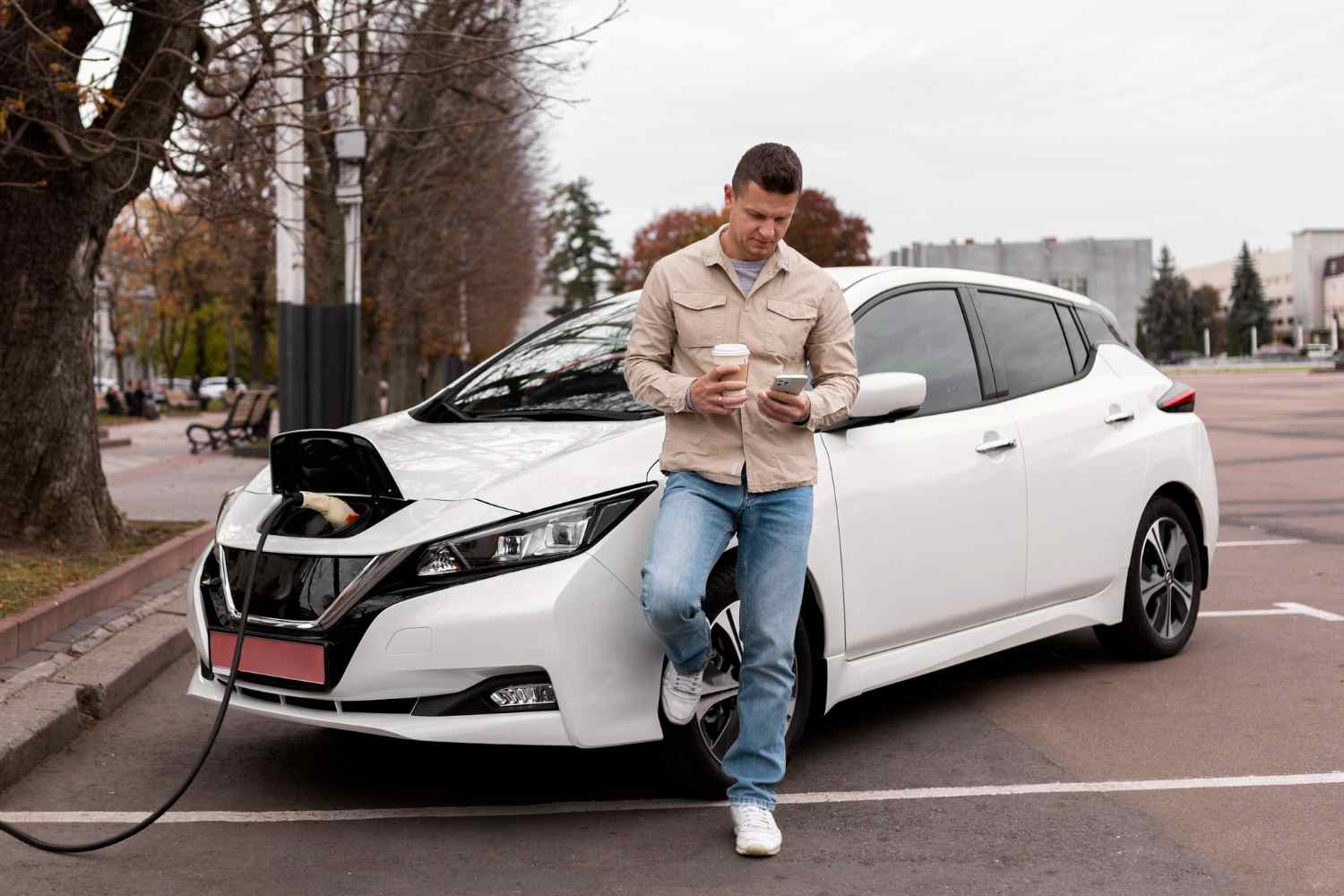
Electric vehicles (EVs) are changing the way America drives. They’re quiet, efficient, and environmentally friendly — but maintaining them isn’t the same as maintaining a traditional gas-powered car. Many drivers assume EVs are “maintenance-free,” yet that’s far from true. While you might skip oil changes and spark plug replacements, EVs have their own set of maintenance needs that are just as important. Let’s look at how EV maintenance differs from conventional vehicles and why professional care still matters.
A gas engine has hundreds of moving parts — pistons, valves, spark plugs, belts, and filters — all of which need regular attention. An EV, on the other hand, runs on an electric motor powered by a battery. This means fewer parts to wear out or break down.
However, “fewer parts” doesn’t mean “no care.” Electric motors still need periodic inspection, cooling systems must be maintained, and cabin air filters need to be replaced. Neglecting these checks can reduce efficiency and even shorten your EV’s lifespan.
The heart of an EV is its battery pack. Just like a phone battery, it gradually loses capacity over time. Keeping your battery healthy is essential for performance and driving range.
Experts recommend avoiding extreme temperatures and not keeping your EV fully charged or fully drained for long periods. Software updates from the manufacturer also play a role in improving battery management. Regular service checks ensure that the cooling systems for the battery are functioning well, preventing overheating and degradation.
Auto repair shops trained in EV care use diagnostic tools to check battery health, voltage balance, and thermal performance. Routine maintenance can spot issues early — long before they affect your range or reliability.
EVs use regenerative braking systems, which help recharge the battery when you slow down. This reduces wear on brake pads compared to gas-powered cars. Still, brake fluid and mechanical components can corrode or seize if ignored.
Periodic brake checks keep the system running smoothly and ensure safety in emergency stops. Many drivers are surprised to learn that EV brakes can wear unevenly if they’re not cleaned or lubricated during service visits.
Electric cars are heavier because of their battery packs. This added weight puts extra pressure on tires and suspension parts. As a result, tire rotation and wheel alignment are even more critical for EVs.
Uneven tire wear not only affects performance but also increases electricity consumption. An auto repair shop can help maintain proper alignment, tire pressure, and balance — all of which improve handling and extend tire life.
Whether you drive an EV or a gas-powered car, regular inspections by a skilled auto repair shop make a huge difference. Their expertise ensures your car stays efficient, safe, and ready for every mile — electric or not.